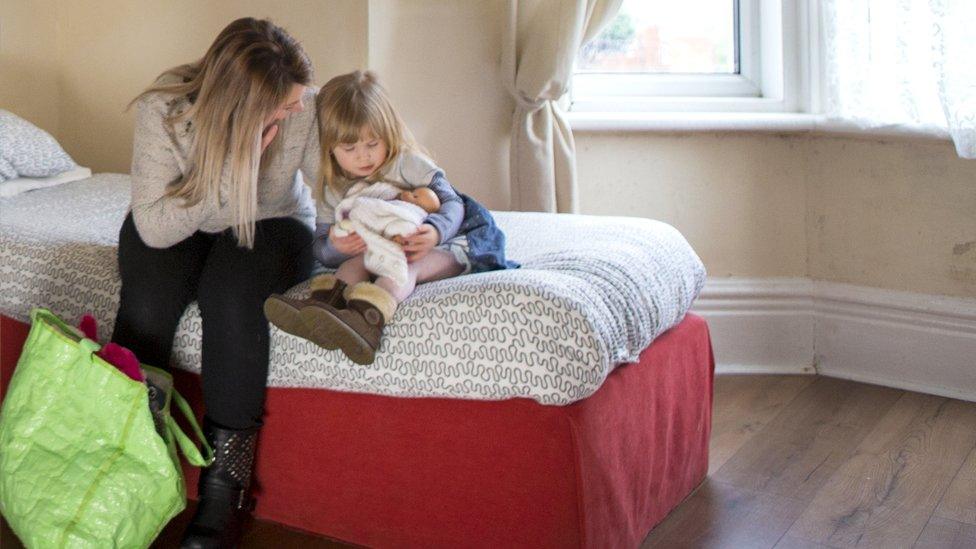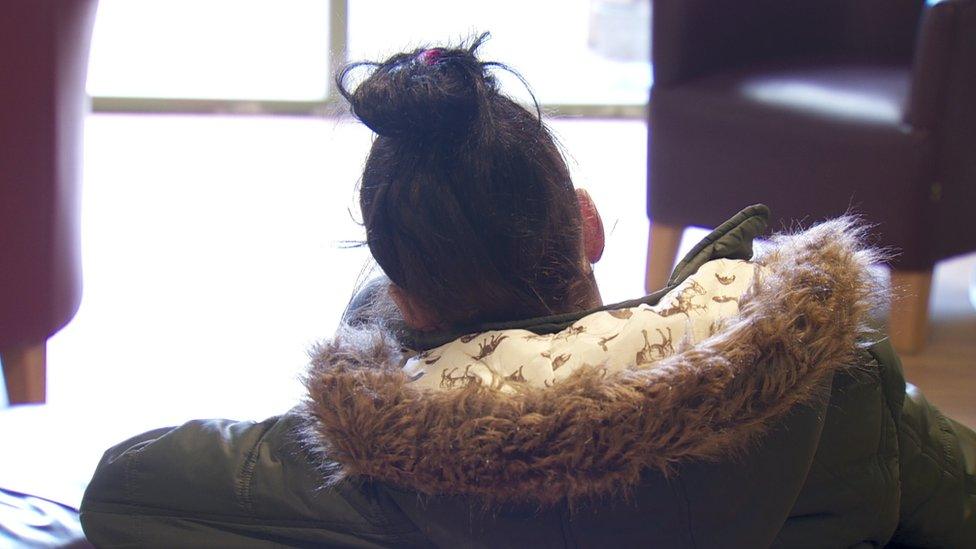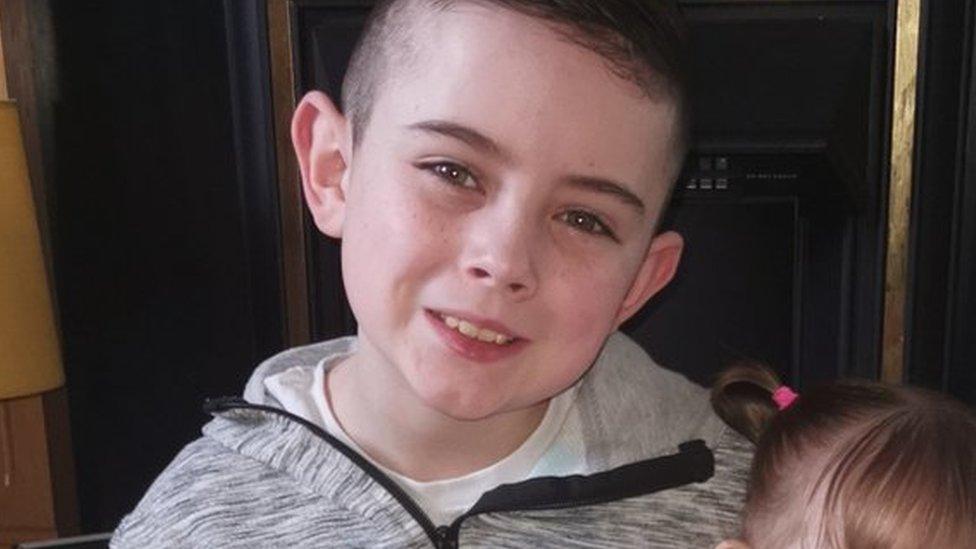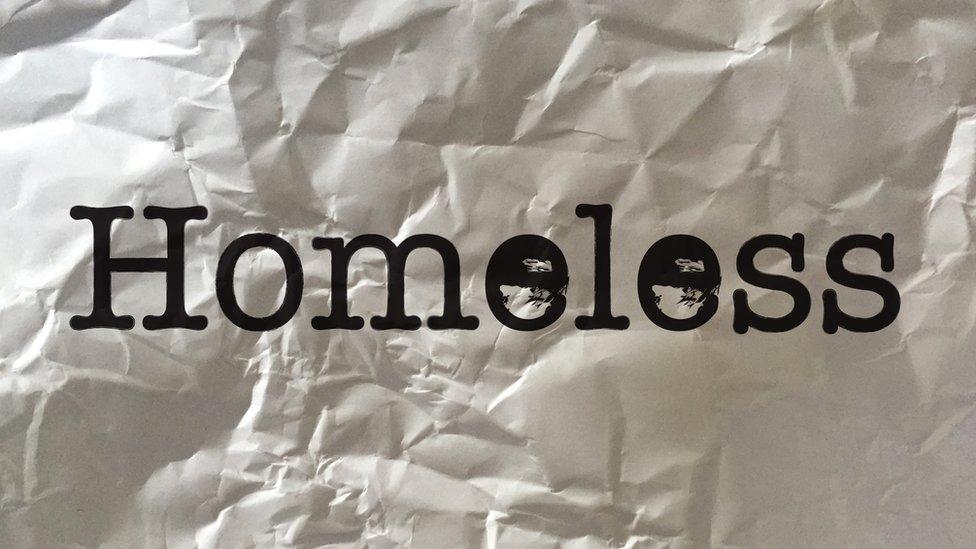Homelessness: Rise in households in temporary accommodation
- Published

The number of children in temporary accommodation also continues to rise, according to the figures
The number of households in temporary accommodation in Northern Ireland has increased by 65% over the last two and a half years.
The figures come from Stormont's Department for Communities' latest statistics on homelessness, external.
They show that in August this year, there were 3,402 households in temporary accommodation.
The equivalent figure stood at 2,065 households in January 2019.
Temporary accommodation includes private single lets, as well as voluntary sector and Housing Executive hostels.
The number of children in temporary accommodation also continues to rise, according to the figures.
They reveal that by the end of August, 3,596 children were living in such accommodation, up 48% from January 2019 when the figure was 2,433.
Mark Baillie, policy and public affairs officer for the Council for the Homeless, said the figures were indicative of a "housing crisis".
"There are many different factors contributing to the situation we find ourselves in and simple solutions are not available," he said.
He urged the Northern Ireland Executive to make housing and homelessness a top priority.
"This society needs more social homes to be built and for that to happen, investment is needed along with a stable executive.
"Secondly, we need to prevent people becoming homeless in the first place. Earlier interventions can make a real difference.
"Thirdly, households who become homeless need to be placed in the right form of temporary accommodation with the right support."
Overall, 8,610 people have presented as homeless since the beginning of January with reasons given as unreasonable accommodation offered, family breakdown and a loss of rental accommodation.
Rates were highest in the Derry and Strabane council area, followed by Belfast.
The Homelessness Strategy for Northern Ireland 2017-22 notes that "for many people, becoming homeless is not the beginning of their problems. It comes at the end of a long line of crises".
The Department for Communities' latest report states that "by the time a household presents to the Housing Executive as homeless, many opportunities may have been missed to prevent the homelessness occurring".
Related topics
- Published5 May 2021

- Published5 March 2021

- Published21 December 2019
